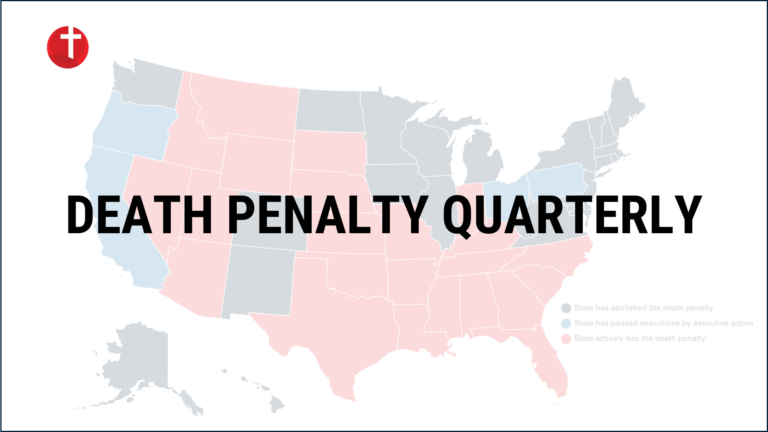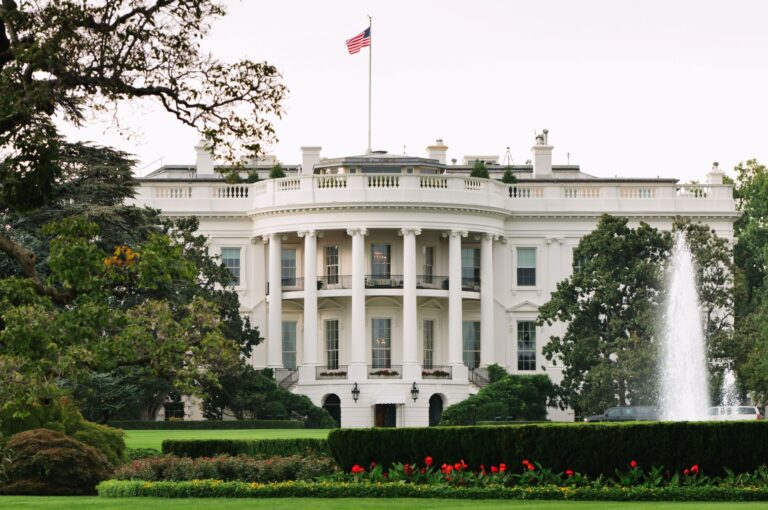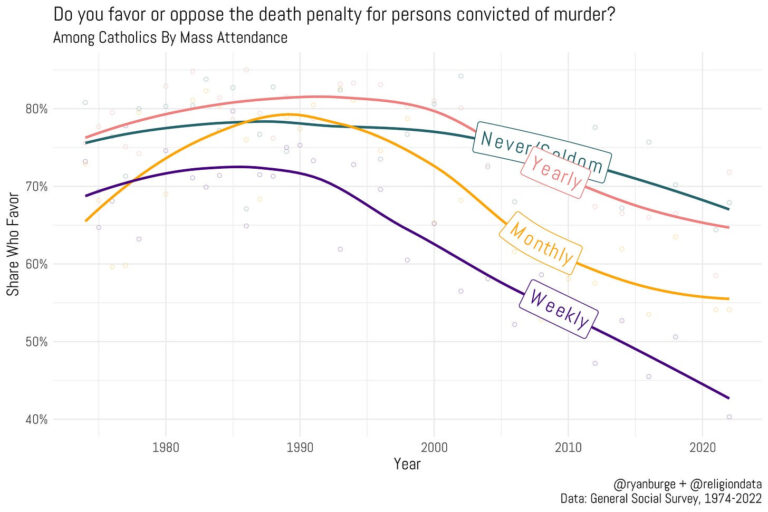Gov. DeSantis Lowers Bar for Death Sentencing in Florida
April 21, 2023 | Yesterday, Governor Ron DeSantis signed into law a bill, SB 450, which removes jury unanimity requirements in the sentencing phase of capital trials.
This new law, which is immediately active, requires that just eight out of twelve jurors must vote in favor of a death sentence in order for it to be recommended to the judge.
SB 450 is “a thinly-veiled attack on human life,” says CMN Executive Director Krisanne Vaillancourt Murphy.
Florida had previously maintained similar non-unanimous sentencing practices, but in 2016 the United States Supreme Court deemed them unconstitutional in Hurst v. Florida.
In response to this decision, Florida enacted a new law in 2017 that required a jury to unanimously vote for a death sentence — a law that stood firm, until yesterday.
SB 450 came largely in response to the sentencing of Nikolas Cruz, who in 2018 shot and killed 17 individuals at Marjory Stoneman Douglas High School in Parkland, Florida. Mr. Cruz’s sentencing trial, during which victims and loved ones had to relive the traumatizing details of the shooting, resulted in a non-unanimous recommendation for death. As such, Cruz received a life sentence.
Following that decision, Gov. DeSantis and Florida lawmakers promoted legislation to lower the sentencing threshold to require a vote of just 8-4 — a threshold that would have sentenced Mr. Cruz to death.
Florida recently resumed executions for the first time in almost four years. The two men executed since the restart were both sentenced to death by non-unanimous juries prior to the 2017 law requiring jury unanimity: Donald Dillbeck who was executed on Feb. 23 and Louis Gaskin who was executed on April 12. Darryl Barwick, who is slated for execution on May 3, also received a non-unanimous sentence.
Advocates believe it is no coincidence that this push to ramp up Florida’s death penalty comes at the same time Gov. DeSantis is expected to make a bid for presidential nomination.
The state of Florida accounts for the highest number of death row exonerations in any state, totaling to 30 individuals since 1973. Nearly all of those exonerations involved a non-unanimous jury recommendation for death, or cases where a judge overrode the jury’s life decision.











